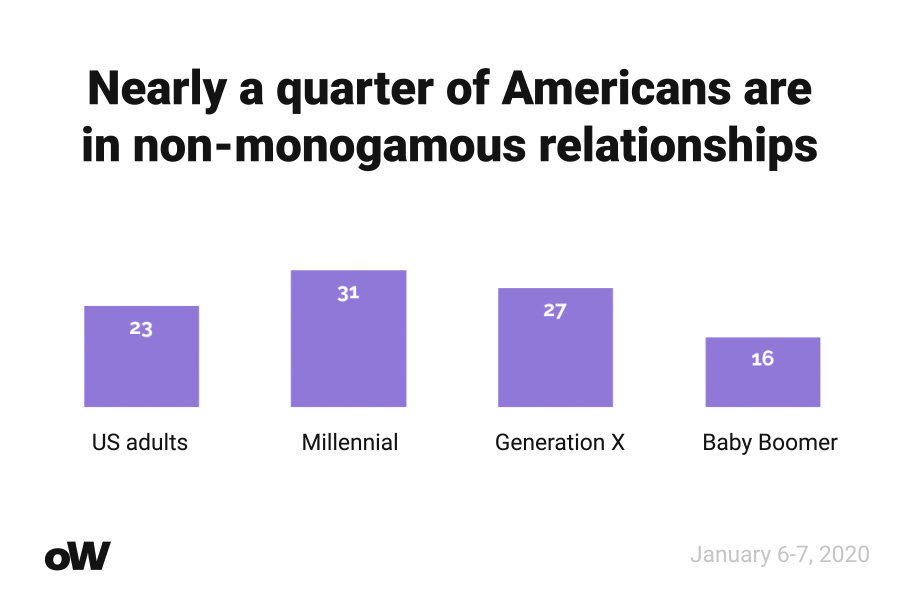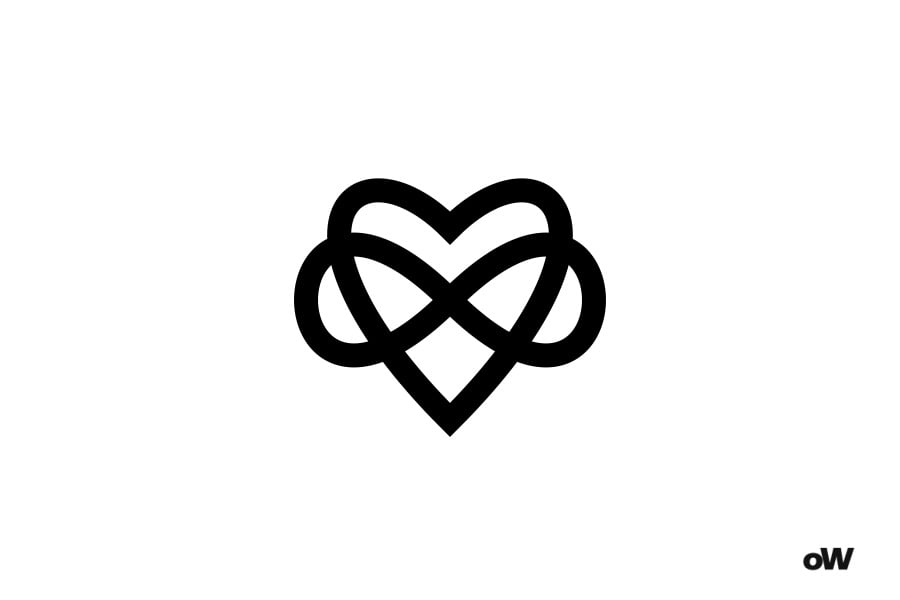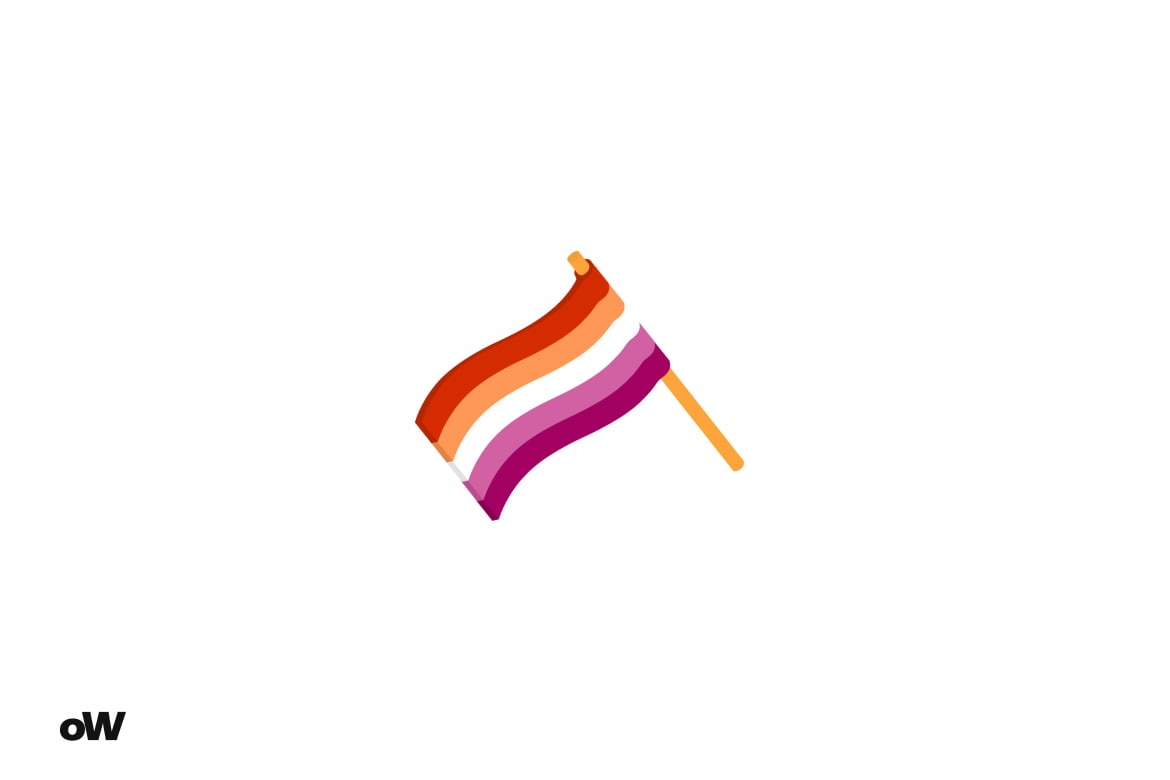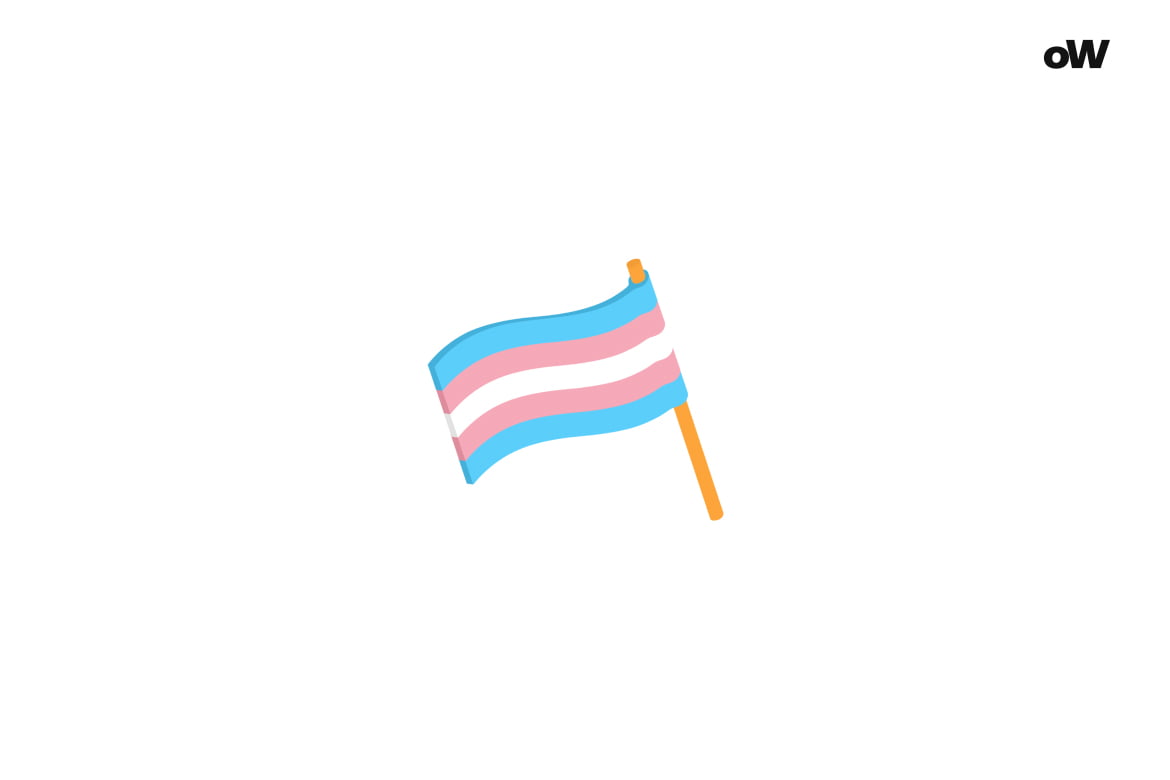Am I Polyamorous Quiz: One Heart, Many Loves?

Recently, more and more people have been questioning their relationships and ways of love. One option is polyamory – an open form of relationships that allows for the possibility of loving and having romantic relationships with multiple people simultaneously. If you’re wondering whether you could be polyamorous, the “Am I Polyamorous Quiz” can help you determine the answer. This quiz is based on the experience of polyamorous relationships and allows you to identify whether your desires and beliefs align with polyamorous culture.
The difficulty, and sometimes impossibility, of choosing between two lovers is one of the grateful and beloved themes for directors and writers. And many “ordinary” people can say that they have been in such a situation at least once: both people are dear, and it’s hard to choose whom to reject. This phenomenon has its own name – polyamory.
Some people may mistakenly associate the concept of polyamory with the concept of “choosing from several lovers”, but this is not always the case. To better understand what this phenomenon is and whether you are one of them, you can take a polyamorous test to test your knowledge on this topic and become aware of your own feelings and desires.
Polyamory Quiz: Common Traits
Society norms imply choosing one partner from all possible options – at least for the period of time until the relationship runs its course. However, the monogamous union has only recently been recognized as the main form of partnership in the context of history. Different forms of non-monogamous partnerships coexist with it. How can you use a test to understand if you are polyamorous and not a person whose current relationship has run its course? There are common traits that unite people inclined towards polyamory, and it is on these that our polyamory quiz is based.
- They are capable of sincere feelings or passion for two or more people simultaneously and feel the need to express them freely.
- In a monogamous union limited by rigid boundaries, they feel trapped. They would like relationships to develop naturally, without limitations.
- They have faced a difficult choice at least once in their lives – whom to choose from their lovers.
- Having several romantic and sexual partners is as normal for them as having several close friends.
- They understand that one partner cannot meet all of their needs.
- They have had to end relationships because they didn’t want to deceive their partner when they developed feelings for someone else. They are extremely uncomfortable living a “double life”.
- They are comfortable with the idea that their partner may also have other relationships without reducing the quality of their own.
- Upon hearing about polyamory and polyamorous individuals for the first time, such people immediately realize that it concerns them and that they would feel comfortable in such a format of partnership.
From Polygamy to Polyamory: How to Distinguish Non-Monogamous Forms
Gender studies have recently started exploring polyamorous relationships, but there is little data on their everyday lives, and in society they are often confused with other forms of non-monogamy.
It is incorrect to consider polyamory as synonymous with casual relationships where no one owes anything to anyone. Its goal is to build long-term relationships that involve care and involvement.
By taking the “Am I Polyamorous Quiz”, you will not only learn about the characteristics, but also how to distinguish polyamorous relationships from other non-monogamous forms, as well as the goals and principles underlying such relationships.
Polyamory is often confused with polygamy, although these are completely different concepts. Polygamy involves one person of one gender being married to multiple people of another gender – most often a man and his several wives or partners. Such traditional polygamy is recognized by many communities around the world, while polyamory does not have any legal status and includes not only heterosexual relationships, but also homosexual ones.
When a person says “I am polyamorous, but my wife doesn’t know about it,” they are from a completely different camp. They violate the main principle of polyamory – full awareness and consent of all parties in the love relationship. All participants in the relationship are equal in status.

Source: YouGov
The Principles of Polyamorous Relationships
Many see only the spicy and pleasant side of polyamory – “legalized” infidelity that does not lead to consequences such as scandal, divorce, and property division. Meanwhile, healthy polyamorous relationships require significant efforts and are built on their principles:
There Is No Ownership
Love is shared among everyone and only multiplies from it: no one is deprived of it, and love becomes more. Other partners are not a threat to family well-being, but serve it for the benefit of all. For this reason, it is worth developing the ability to compersion – the feeling of joy for a loved one who is happy in a relationship with someone else. Group sexual contacts are not required and are not always practiced.
Honest Dialogue
If any emotions are suppressed and not voiced, this can lead to conflict or manipulation in relationships that affect the entire group of partners. Therefore, for maintaining stable relationships, open discussion of the needs and desires of each of the partners is practiced.
There Are Agreements, and They Are Observed
All participants in the relationship are aware of exactly what kind of relationship they are in. At the same time, certain boundaries are established, taking into account the interests of the parties. Violation of boundaries and agreements is equated with infidelity.
Polyamory Test: What Type of Polyamory Are You?
Before engaging in polyamorous relationships, this quiz can be helpful to understand which type of polyamorist you are and which principles and forms of relationships are suitable for you.
Polyamorous relationships come in different forms, and following principles keeps them viable. What are the different types of polyamorous relationships?
- V (represented by the Latin letter) – a person is dating two other people who are not connected to each other.
- Triangle – relationships between three people.
- Square – four people, often two separate couples.
- Group – involves more than four partners.
- Open marriage or relationships – both members of a couple date other partners separately.
- Solo – a person has multiple partners, but none of them are primary and they do not live together nor seek to do so.
- Hierarchical polyamory – the opposite of the previous type: there are primary and secondary relationships. This is not about the significance of partners to a person, but the degree to which they are involved in their everyday life. Typically, “primary” relationships involve cohabitation and shared finances.

Drawbacks of Polyamorous Relationships
Polyamorous relationships can be quite complex, and in our quiz, you can determine how ready you are for such relationships. In addition, there are several significant drawbacks that can arise in polyamorous unions.
Jealousy
Despite the complete transparency and openness of relationships and the conscious consent to them, polyamorists also experience jealousy. The reason is simple: jealousy is based on the ancient instinct of self-preservation. Everyone strives to get more resources for themselves. When a partner has someone else, there is a fear that resources – love, care, material support – will be scarce. By agreeing to a polyamorous union, you need to realize that you will have to control your jealousy.
Procreation
While a person does not think about continuing their family, polyamory can be a pleasant form of union for them. But when a child appears, the same mechanism of instinctive jealousy is triggered: a woman is afraid of not receiving enough resources for the child from her man. In such a situation, all the principles of free love that seemed attractive before are quickly forgotten. Therefore, childfree people – those who do not want to have children – often choose the polyamorous lifestyle.
Social Condemnation
Polyamory is not always understood and accepted by society. Polyamorous individuals are often forced to hide their personal lives and views on relationships. There may be a situation where a person feels isolated from everyone except their partner “clan”.
These Are Complex Relationships
A weighty argument of polyamory critics is that a busy modern person does not have the strength and time for even one partner, let alone several. To maintain several relationships so that no one feels abandoned, a multitude of resources is required.
In Conclusion
The Polyamorous Quiz is not just a test of knowledge about polyamorous relationships, but also an opportunity to understand if this type of relationship is suitable for you. During the quiz, you learned about the principles and features of polyamorous unions, as well as how to distinguish them from other forms of non-monogamy. You can use this knowledge to make a decision about whether polyamory is right for you and your life philosophy. But remember, in polyamorous relationships, the main thing is the consent and respect of all participants, so make your decisions taking into account the feelings and needs of everyone involved in your love connection.
How to Play?
Click the "Start Quiz" button and answer each quiz question honestly. There are no right or wrong answers. You may encounter multiple-choice questions or statements to rate on a scale of agreement. Once you finish the quiz, you'll receive results that provide insight into your personality traits, including strengths and weaknesses. Use this information to increase self-awareness and make positive changes.
How many questions does this quiz have?
15 Questions
How long does it take to complete this quiz?
5 Minutes
Questions Overview
- I love the idea of being with one person forever.
- It's okay, but it's not for me.
- I don't think it's possible to be with one person forever.
- Monogamy is overrated.
- One.
- Two or three.
- Four or five.
- More than five.
- No.
- I've had feelings for someone while in a relationship.
- I've been in love with two people at the same time.
- I've been in love with three or more people at the same time.
- It's very important to me.
- It's somewhat important, but I'm open to negotiation.
- It's not that important to me.
- It's not important at all.
- No, I think love is exclusive.
- Yes, but it's rare.
- Yes, it's possible, and I've experienced it.
- Absolutely, and I actively seek out multiple love connections.
- It's a natural emotion, but I try to avoid it.
- It's something that can be worked through with communication.
- It's a sign that you care deeply about someone.
- Jealousy doesn't bother me.
- No.
- Sometimes, but I'm still happy in my relationship.
- Yes, I feel like I'm missing out on other experiences.
- Yes, and I've acted on those feelings.
- I'm not interested in that.
- I'm curious about it, but I'm not sure if I would like it.
- I'm open to the idea, but it would depend on the situation.
- I'm very interested in having multiple partners.
- I don't value it at all.
- It's somewhat important to me.
- It's very important to me.
- It's crucial for me to have independence in a relationship.
- No, I'm completely faithful.
- I've had crushes, but I never acted on them.
- I've been attracted to someone and acted on those feelings, but I felt guilty afterward.
- Yes, I've been in a committed relationship while pursuing another relationship.
- No, I feel like I only have enough love for one person.
- I have love to give, but I'm not sure how much.
- Yes, I have a lot of love to give to multiple people.
- I have an endless amount of love to give.
- It's somewhat important, but not the most important thing.
- It's very important, but I struggle with it sometimes.
- It's crucial for a successful relationship.
- It's the foundation of all my relationships.
- No, and I'm not interested in trying it.
- No, but I'm curious about it.
- Yes, but it didn't work out for me.
- Yes, and I loved it.
- It would upset me too much to think about.
- I might feel a little jealous, but I could handle it.
- I'm okay with it as long as they tell me about it.
- I would actively encourage it.
- I think it would be too confusing for the children.
- I'm not sure how it would work, but I'm open to the idea.
- I think it's possible to have a healthy, non-monogamous family.
- I would love to raise children in a non-monogamous relationship.





